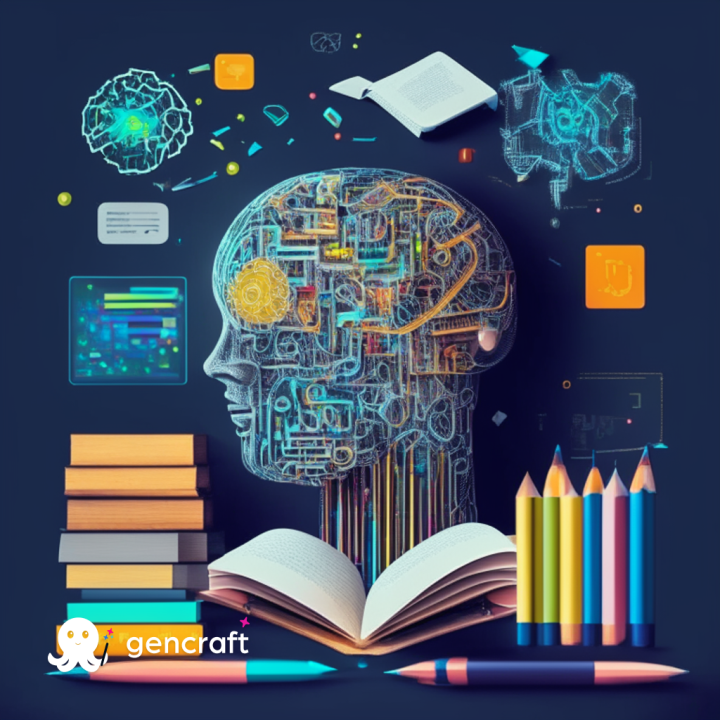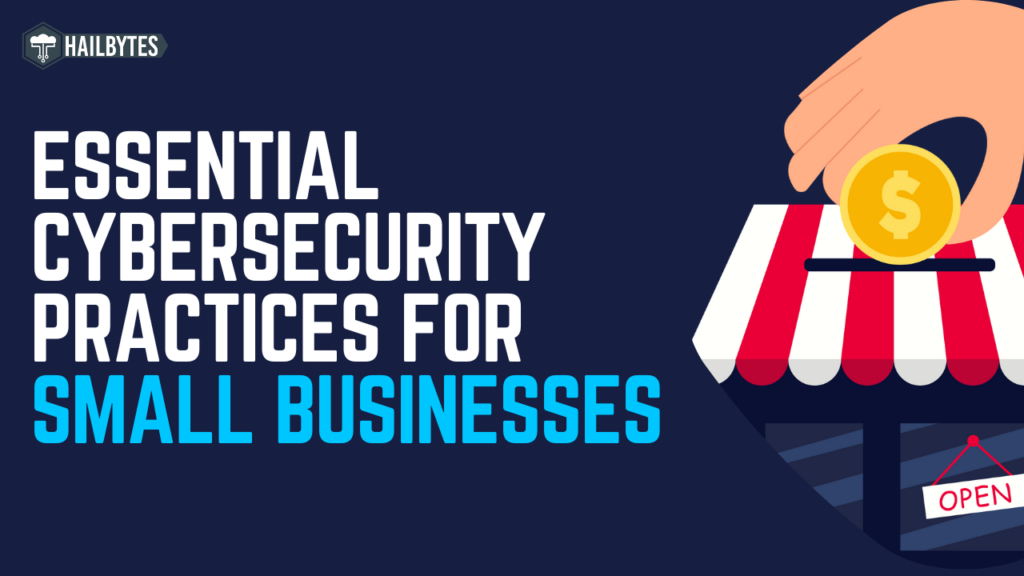
How AI is Revolutionizing Education
- 0
In recent years, artificial intelligence (AI) has become increasingly prevalent in various industries, from healthcare to finance. However, one field that is experiencing a significant transformation thanks to AI is education. With its ability to analyze data, personalize learning experiences, and automate administrative tasks, AI is revolutionizing the way we teach and learn.
Personalized Learning
One of the most significant ways AI is revolutionizing education is through personalized learning. By using data analytics and machine learning algorithms, AI can tailor educational content to the individual needs and preferences of each student. This means that students can learn at their own pace, focus on areas where they need improvement, and receive feedback in real-time. As a result, students are more engaged, motivated, and likely to succeed academically.
Adaptive Learning Platforms
AI-powered adaptive learning platforms are also changing the way educators deliver content to their students. These platforms use algorithms to analyze student performance and adjust the difficulty and content of lessons accordingly. This ensures that each student is challenged at the right level and prevents them from becoming bored or frustrated. In addition, adaptive learning platforms can provide teachers with valuable insights into student progress, allowing them to intervene when necessary and offer additional support.
Virtual Assistants
Virtual assistants powered by AI are becoming increasingly popular in educational settings. These digital tutors can help students with their homework, provide personalized recommendations for learning resources, and answer questions in real-time. Virtual assistants can also help teachers by automating administrative tasks, such as grading assignments and scheduling appointments. By freeing up time for teachers to focus on teaching rather than paperwork, virtual assistants can improve the overall quality of education.
Enhanced Collaboration
AI is also revolutionizing collaboration in education. By using machine learning algorithms to analyze student interactions, AI can help identify potential collaboration opportunities and pair students with complementary skills and interests. This not only improves the quality of group projects but also helps students develop important collaboration and communication skills that are essential in the modern workforce.
Future Trends
As AI continues to evolve, we can expect to see even more innovative applications in education. From personalized tutoring programs to virtual reality simulations, the possibilities are endless. By embracing AI in education, we can create a more engaging, efficient, and effective learning experience for students of all ages.
Conclusion
AI is revolutionizing education in ways we never thought possible. With its ability to personalize learning experiences, automate administrative tasks, and enhance collaboration, AI is transforming the way we teach and learn. As we continue to explore the potential of AI in education, we can look forward to a future where every student has access to a high-quality, personalized education that prepares them for success in an increasingly digital world.

